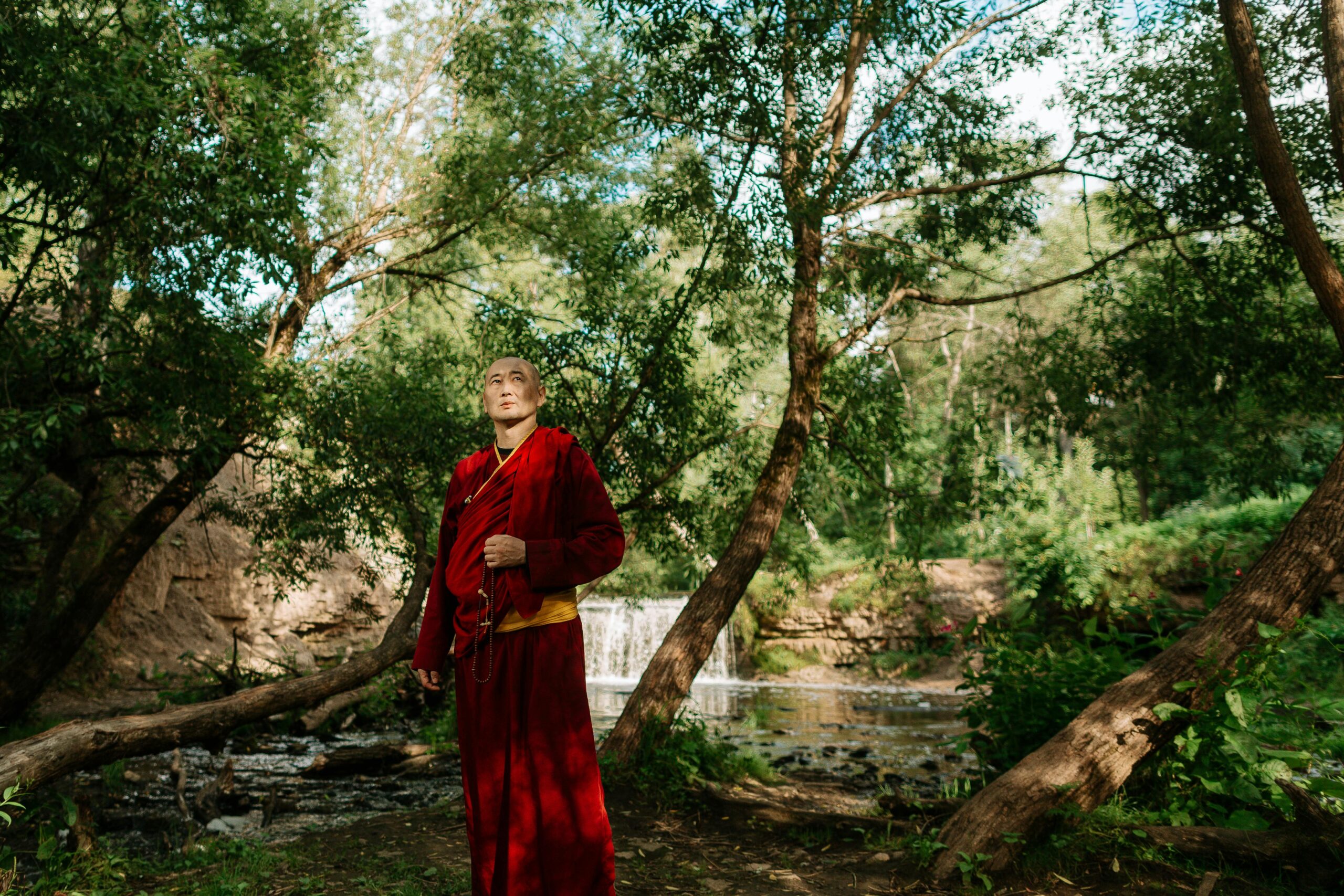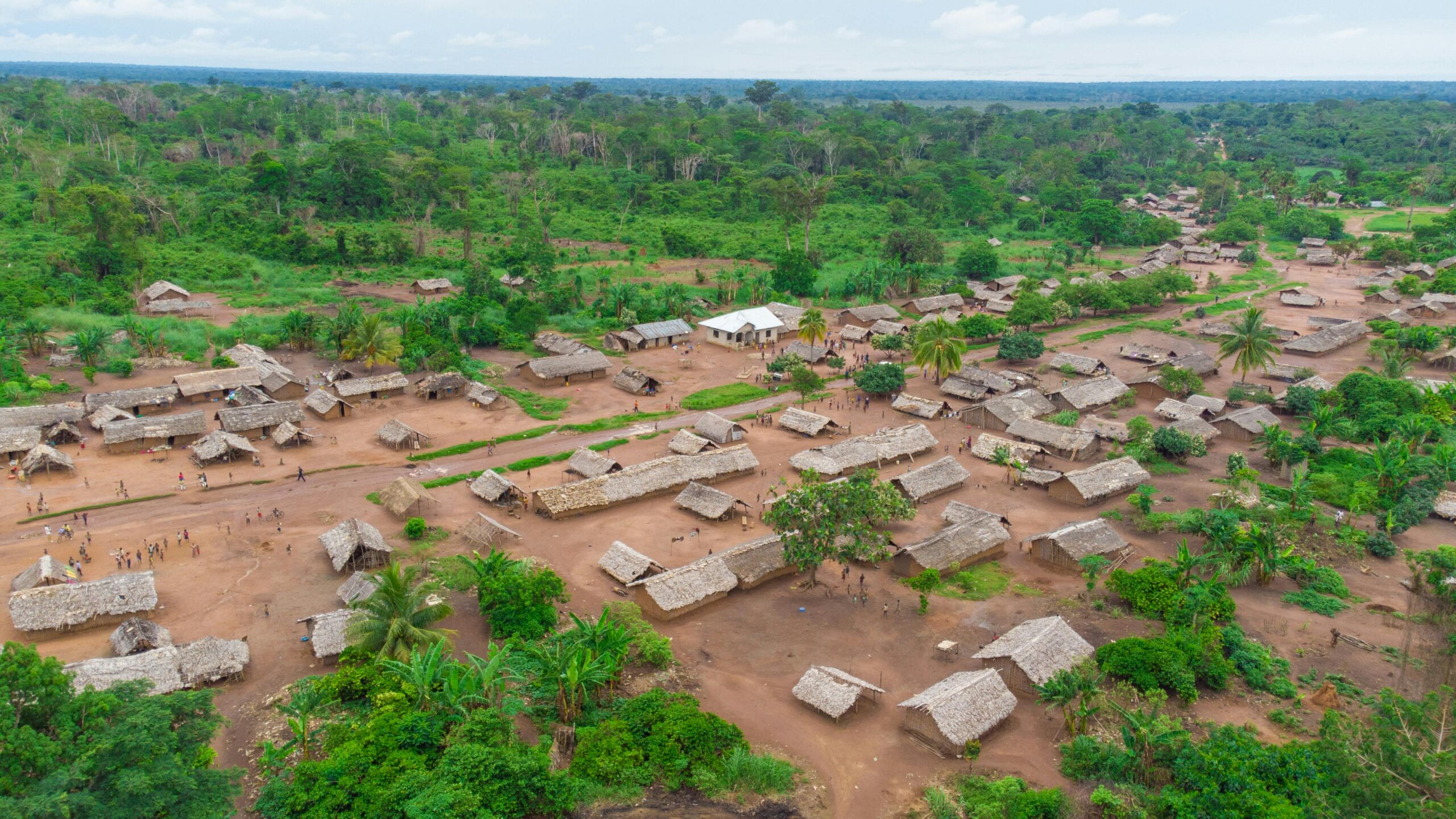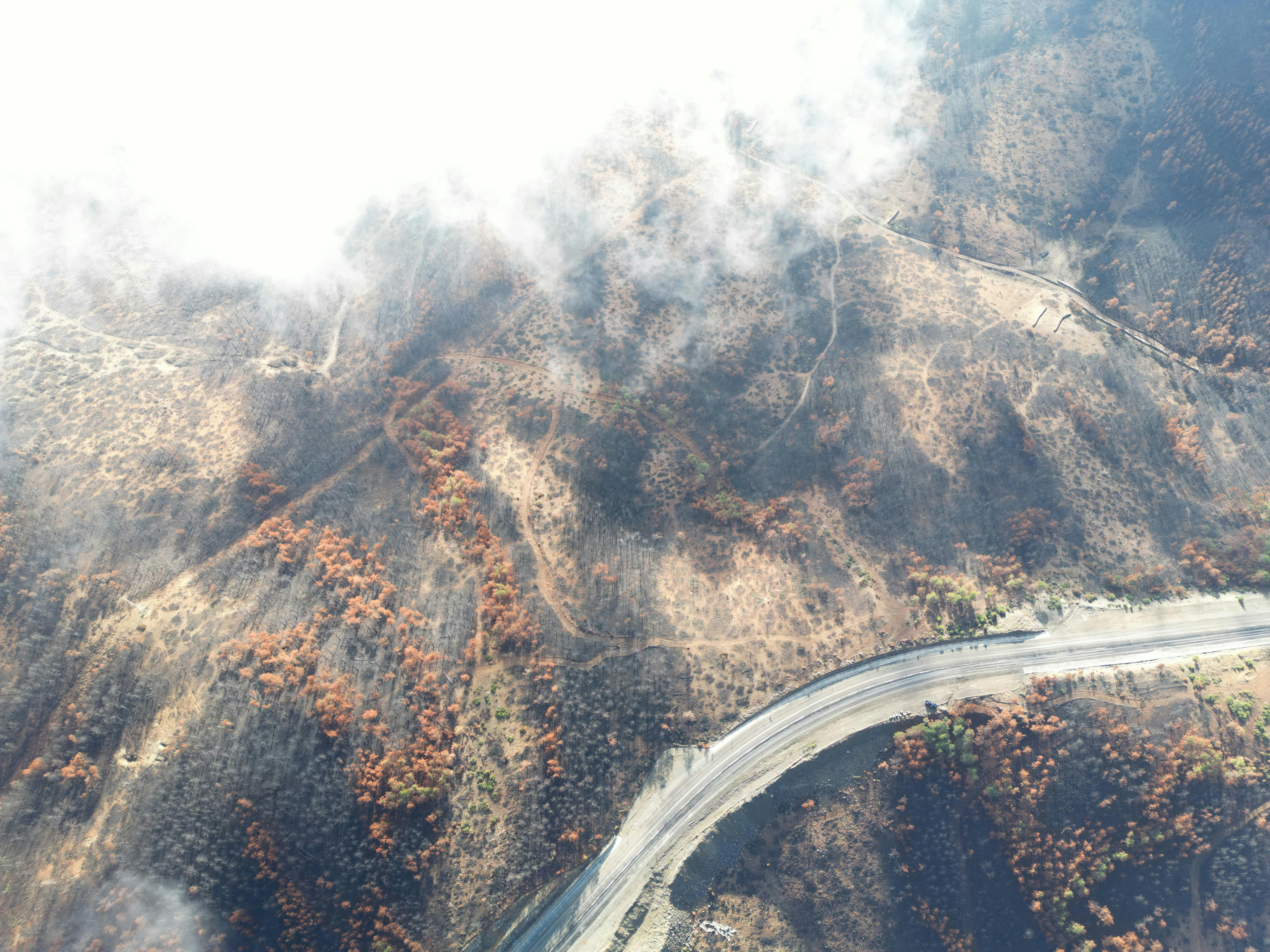Our planet calls for a deeper connection between spirit and nature, urging us to reimagine how we live, consume, and coexist with all living beings.
🌍 Awakening to Our Sacred Connection with Earth
In an age where environmental crises dominate headlines and climate anxiety affects millions worldwide, humanity stands at a critical crossroads. The traditional approaches to environmental conservation—while valuable—often overlook a fundamental dimension of our relationship with the natural world: the spiritual. Ecological spirituality emerges not as mere philosophy but as a transformative practice that recognizes the sacred interconnectedness of all life forms and invites us to act from a place of reverence rather than domination.
This ancient wisdom, found across indigenous cultures and spiritual traditions throughout history, offers modern society a path forward. When we view nature not as a resource to exploit but as a sacred community to which we belong, our actions naturally align with sustainability. The harmony we seek externally begins with an internal shift—a profound awakening to our role as caretakers rather than conquerors of the Earth.
Understanding Ecological Spirituality Beyond Religion
Ecological spirituality transcends religious boundaries while honoring the wisdom within various faith traditions. It represents a consciousness that perceives the divine or sacred within the natural world itself. This perspective doesn’t necessarily require belief in a specific deity; rather, it cultivates awareness of the mysterious, interconnected web of existence that science increasingly validates and ancient peoples intuitively understood.
The renowned naturalist John Muir captured this essence when he wrote about the Sierra Nevada mountains as temples more magnificent than any built by human hands. Similarly, indigenous peoples worldwide have long practiced what we might call ecological spirituality—understanding themselves as part of nature’s fabric rather than separate from it. The Aboriginal Australian concept of “Country” encompasses not just land but the spiritual relationships between people, animals, plants, and landscapes.
The Science Supporting Spiritual Connection
Modern research validates what spiritual practitioners have known intuitively. Studies in environmental psychology demonstrate that people who feel spiritually connected to nature exhibit more pro-environmental behaviors and experience greater psychological well-being. Neuroscience reveals that time spent in natural settings activates brain regions associated with empathy, compassion, and self-transcendence—the very qualities essential for sustainable living.
Ecologists themselves increasingly recognize that biodiversity protection requires more than data and policies. It demands a shift in values and worldview—precisely what ecological spirituality offers. When conservation becomes a sacred act rather than merely a practical necessity, our commitment deepens and sustains itself through challenges.
🌱 Practical Pathways to Ecological Awakening
Embracing ecological spirituality doesn’t require abandoning modern life or retreating to a monastery. Instead, it invites us to infuse daily activities with mindful awareness and sacred intention. These practices bridge the gap between abstract concepts and tangible lifestyle changes that benefit both personal well-being and planetary health.
Mindful Consumption as Spiritual Practice
Every purchase represents a vote for the kind of world we want to create. Ecological spirituality transforms shopping from mindless consumption into conscious choice-making. Before buying, we might pause to ask: Where did this come from? Who made it? What resources were consumed? What will happen when I’m done with it? These questions become prayers—moments of connection with the broader web of creation.
This doesn’t mean perfectionism or guilt-driven asceticism. Rather, it cultivates gentle awareness that gradually shifts habits. Choosing local, organic produce becomes an act of gratitude toward farmers and soil organisms. Repairing rather than replacing honors the materials and energy embedded in objects. Simplifying possessions creates space—both physical and psychological—for what truly nourishes our spirits.
Nature Immersion and Contemplative Practice
Regular, attentive time in nature serves as perhaps the most direct path to ecological spirituality. This goes beyond recreation or exercise—it involves opening all senses to the more-than-human world. Sitting quietly by a stream, we notice water’s countless voices. Walking slowly through forest, we observe intricate relationships between fungi, trees, insects, and soil.
Many find value in establishing a “sit spot”—a particular outdoor location visited regularly to observe seasonal changes and develop relationship with a specific place. Over time, this practice cultivates what naturalist Jon Young calls “invisible trails of connection,” deepening our sense of belonging to the Earth community.
🌿 Transforming Communities Through Shared Values
While personal practice forms the foundation, ecological spirituality flourishes when shared within community. Throughout history, collective rituals and shared values have guided sustainable resource management. Today’s intentional communities, faith-based environmental groups, and grassroots movements demonstrate how spiritual principles translate into collective action for sustainability.
Sacred Activism and Engaged Spirituality
Ecological spirituality naturally flows into what Buddhist teacher Joanna Macy calls “active hope”—engagement born from love rather than fear or guilt. When environmental action emerges from spiritual connection, it becomes sustainable itself, nourished by deep wells of meaning and purpose rather than depleting anger or anxiety.
This engaged spirituality manifests diversely: community gardens that feed both bodies and social bonds; watershed restoration projects framed as healing relationships; climate activism grounded in meditation and nonviolent communication. The key element remains the integration of inner work with outer action, preventing burnout while sustaining long-term commitment.
Creating Rituals for Ecological Transitions
Human beings are ritual-making creatures. Ecological spirituality invites us to create ceremonies marking our relationship with Earth’s cycles and transitions. Seasonal celebrations connecting us to solstices, equinoxes, and harvest times reestablish our participation in natural rhythms often obscured by modern life.
Families might develop gratitude practices before meals, acknowledging not just the food but soil, rain, sunshine, and hands that brought it forth. Communities could hold ceremonies when planting community gardens or launching renewable energy projects, infusing practical initiatives with sacred meaning. These rituals strengthen commitment while transmitting ecological values across generations.
🌎 Addressing the Climate Crisis with Spiritual Courage
The climate emergency confronting humanity demands unprecedented transformation in energy systems, economic structures, and social organization. Yet beneath these technical challenges lies a spiritual crisis—a crisis of meaning, purpose, and relationship with the living world. Ecological spirituality addresses this deeper dimension, providing the moral foundation and emotional resilience required for the Great Transition ahead.
From Eco-Anxiety to Empowered Action
Climate anxiety affects increasing numbers, particularly young people confronting an uncertain future. While this anxiety reflects appropriate concern, it can become paralyzing without spiritual grounding. Ecological spirituality offers frameworks for holding both grief and hope, acknowledging loss while remaining engaged with possibility.
Practices like Joanna Macy’s “Work That Reconnects” create safe containers for experiencing climate emotions while channeling them toward constructive action. Recognizing our pain for the world as evidence of interconnection—rather than personal weakness—transforms it into fuel for compassionate engagement. This spiritual-emotional work proves as essential as technical solutions.
Indigenous Wisdom for Contemporary Challenges
Indigenous peoples, though comprising less than 5% of global population, protect approximately 80% of remaining biodiversity. This remarkable fact reflects not just traditional practices but underlying spiritual worldviews recognizing nature’s sacred worth beyond instrumental value. As we face ecological breakdown, indigenous wisdom offers guidance desperately needed.
Concepts like the Haudenosaunee “Seventh Generation Principle”—considering impacts on descendants seven generations hence—provide ethical frameworks for long-term thinking. The Andean philosophy of “Buen Vivir” (good living) emphasizes harmony and balance rather than unlimited growth. Engaging respectfully with these teachings, while supporting indigenous rights and sovereignty, represents crucial work for anyone embracing ecological spirituality.
💚 Integrating Ecological Spirituality into Daily Life
The ultimate measure of ecological spirituality lies not in abstract understanding but embodied practice. How do these principles actually shape daily choices, relationships, and contributions to collective well-being? Integration requires both intention and patience, recognizing that transformation unfolds gradually through consistent practice.
Morning Practices for Earth Connection
Beginning each day with practices acknowledging our dependence on Earth’s gifts establishes an ecological-spiritual frame for subsequent activities. This might involve simply opening a window to greet the day, breathing consciously while appreciating the atmosphere that sustains all life, or offering gratitude for water while washing.
Some practitioners maintain nature altars—small arrangements of stones, shells, feathers, or plants that serve as focal points for meditation and reminders of sacred connection. Others journal observations of weather, wildlife, or seasonal changes, cultivating attentiveness to the more-than-human world that shares our bioregion.
Workplace and Professional Expression
Ecological spirituality need not remain confined to private life. Increasingly, professionals across sectors integrate these values into their work. Architects design buildings as living organisms harmonizing with local ecosystems. Educators cultivate biophilia in students through outdoor learning. Healthcare practitioners prescribe nature exposure alongside conventional treatments.
Even those in seemingly unrelated fields can embody ecological values through ethical workplace practices, advocacy for sustainable policies within organizations, and recognition of work itself as service to the broader community of life. The question becomes: How does my livelihood contribute to healing rather than harming the web of relationships sustaining us all?
🌸 Nurturing Hope for Future Generations
Perhaps the greatest gift of ecological spirituality involves the cultivation of genuine hope—not naive optimism denying real dangers, but mature hope grounded in connection, meaning, and committed action. This hope sustains us through difficulty while inspiring younger generations facing unprecedented challenges.
Teaching Children Earth Reverence
Children naturally possess what Rachel Carson called “the sense of wonder”—innate openness to nature’s magic. Rather than adding ecological spirituality through instruction, adults primarily need to avoid diminishing this capacity while providing opportunities for unstructured nature play and guided discovery.
Stories, songs, and games can transmit ecological values without preaching. Involving children in gardening, cooking from scratch, or caring for animals teaches practical skills while establishing relationships with life processes. Most importantly, children learn what adults model—when they observe grown-ups treating Earth with reverence and making sustainable choices, these become normalized behaviors rather than abstract ideals.
Legacy and Ancestral Responsibility
Ecological spirituality expands our sense of time, recognizing ourselves as links in chains connecting ancestors and descendants. We inherit both gifts and debts from previous generations while bearing responsibility for what we pass forward. This temporal awareness counteracts the presentism pervading contemporary culture, encouraging choices beneficial beyond immediate gratification.
Considering our legacy prompts questions like: What stories will future generations tell about our era? What beauty can we preserve or restore for those yet unborn? How might our actions today ripple across decades and centuries? These reflections orient us toward long-term thinking essential for genuine sustainability.

🌟 The Invitation of Our Time
The convergence of ecological crisis and spiritual hunger creates unprecedented opportunity for transformation. Never before have so many people simultaneously questioned materialistic values while recognizing interconnection as fundamental reality. This historic moment invites a collective shift from separation consciousness toward participatory belonging—from exploitation toward reciprocity.
Ecological spirituality doesn’t offer easy answers or quick fixes. It presents instead a lifelong practice of deepening relationship with the sacred community of creation. This practice transforms not through willpower or guilt but through love—the expansive love arising when we truly perceive our kinship with all beings.
As we face daunting challenges ahead, this spiritual foundation provides what Thomas Berry called “the Great Work” of our time: creating a mutually enhancing human presence on Earth. Each small act of reverence, each choice for sustainability, each moment of genuine connection with nature contributes to this collective transition. Together, through millions of awakening hearts and committed hands, we can weave a future where humanity and Earth thrive together.
The harmony we seek emerges not from controlling nature but from aligning ourselves with life’s intricate intelligence. It requires humility to learn from ecosystems older and wiser than human civilization, courage to change destructive patterns, and creativity to imagine regenerative alternatives. Most fundamentally, it demands love—radical love extending beyond human boundaries to embrace the entire community of life.
This invitation stands open to each person, regardless of background, belief, or circumstance. We need only begin where we are, with whatever capacity we currently possess. The Earth itself guides and supports us in this journey, offering teachings through every sunrise, every rainfall, every creature sharing this extraordinary planet. Will we accept the invitation? The choice, and the future it shapes, belongs to us all.
Toni Santos is an eco-spirituality researcher and planetary healing writer exploring how earth-based rituals, nature-centred philosophy and sacred ecology reconnect humanity with the living planet. Through his work on environment, consciousness and ritual, Toni examines how our relationship with Earth influences our awakening and actions. Passionate about land-wisdom, ritual practice and ecological integration, Toni focuses on how spiritual life can emerge from ecological awareness and how healing flows from land, water and community. His work highlights the union of ecology, mind and spirit — guiding readers toward a more grounded, relational, and sacred life. Blending ritual studies, environmental philosophy and ecological design, Toni writes about the human-earth story — helping readers understand how living systems, community and meaning intertwine in planetary healing. His work is a tribute to: The sacred connection between humanity and Earth’s living systems The power of ritual to rekindle land-memory and collective renewal The vision of ecology as sacred, relational and transformational Whether you are a ritual practitioner, ecological thinker or planet-healer, Toni Santos invites you to explore the path of planetary awakening — one ritual, one ecosystem, one transformation at a time.




